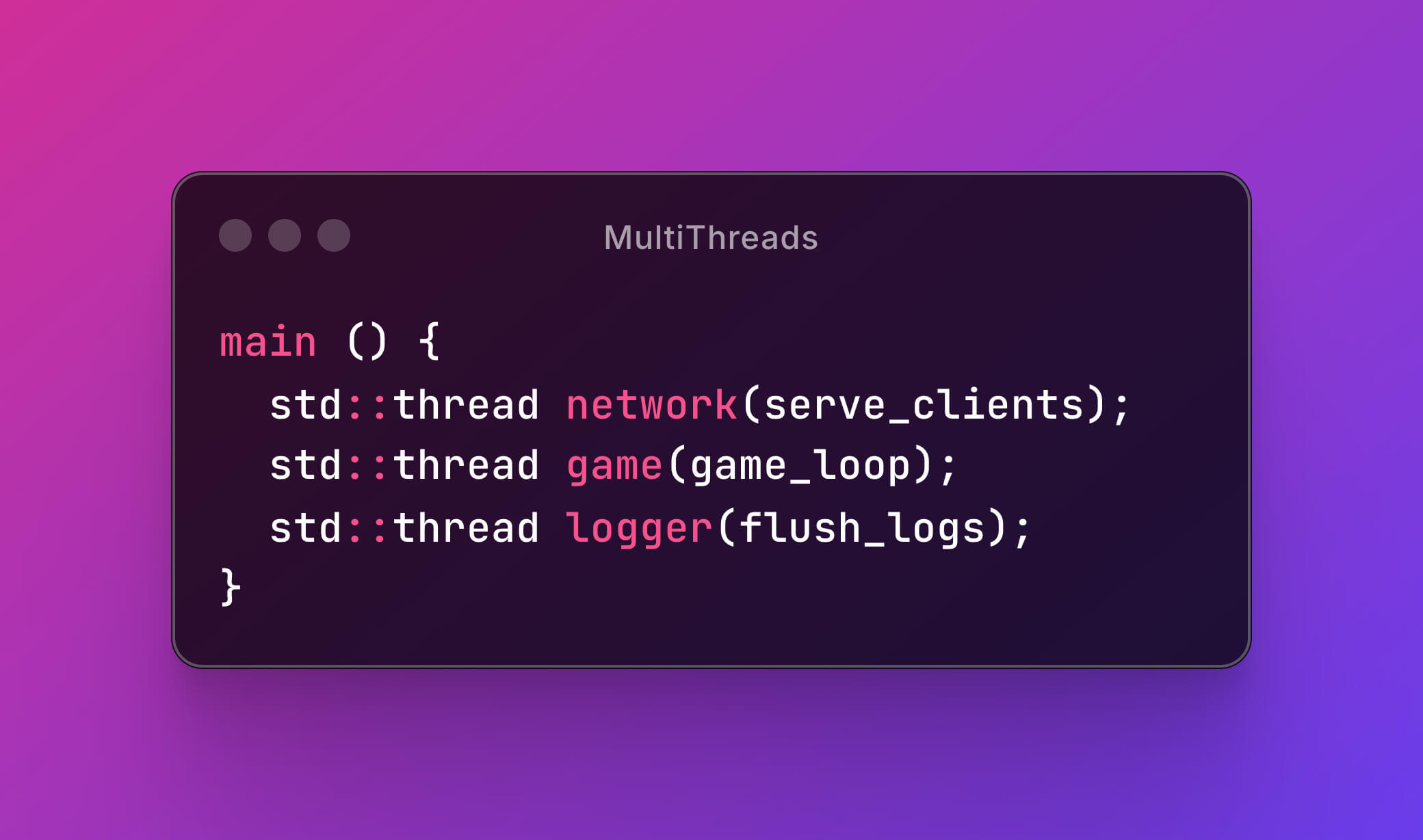© Anton Dolganin 2025
Anton Dolganin
I'm an engineer focused on solving problems, not tied to any specific language. Architecture, development, DevOps — I choose the right tools for the job and build solutions that work in production and scale without pain.
WhatsApp
+34-641-108-588
E-Mail
Send a message


